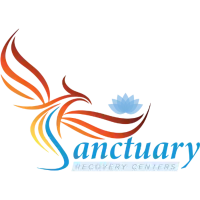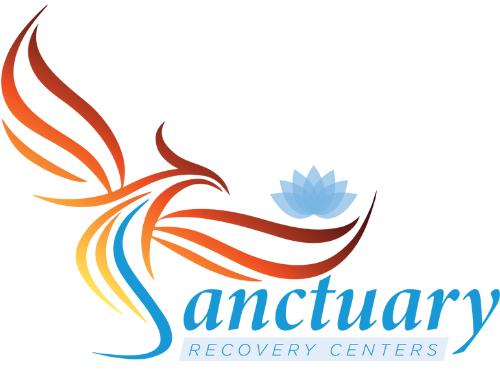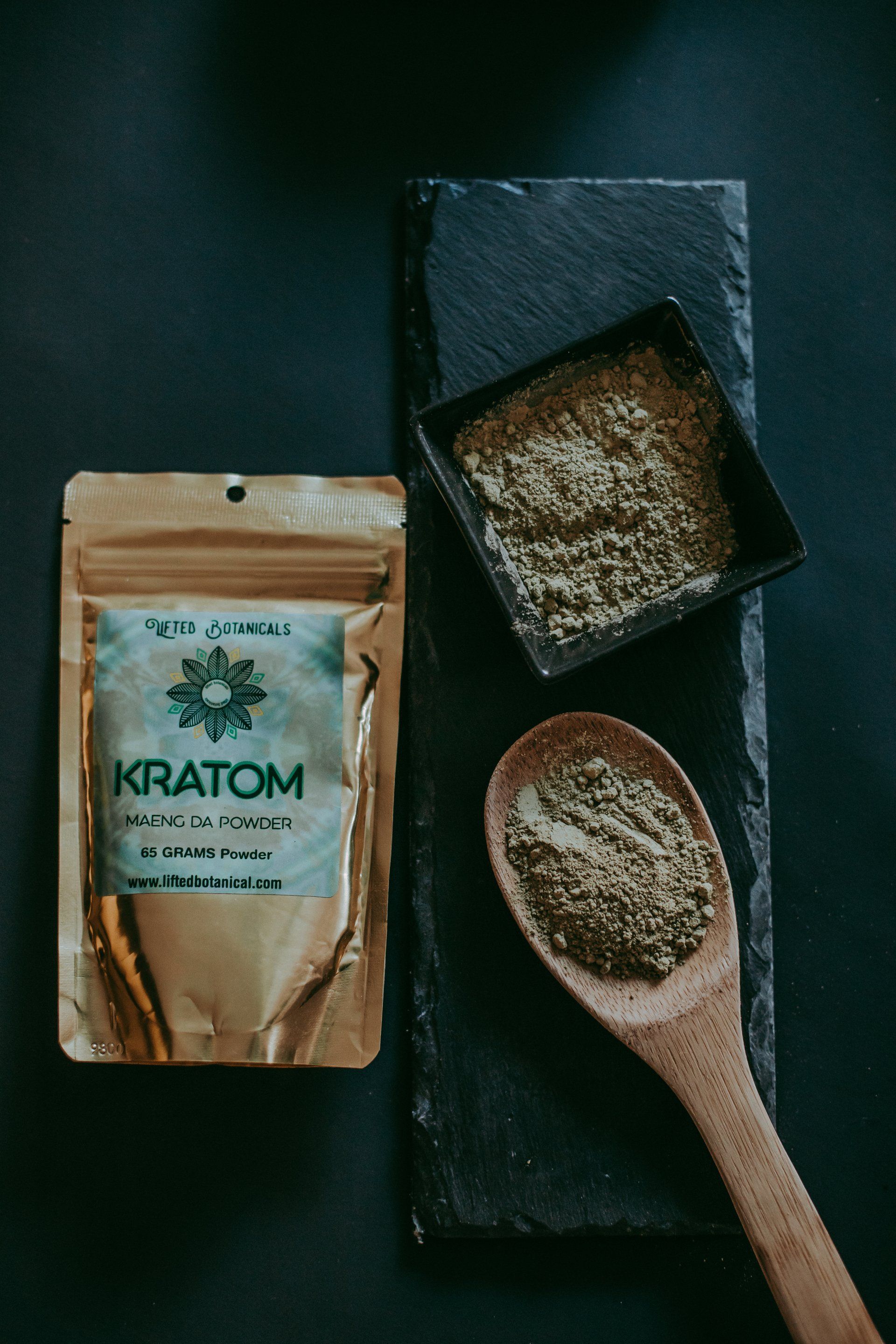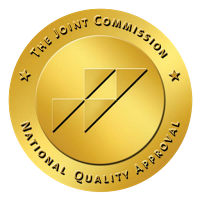Get Help With Your Addiction
Tianeptine: The Hidden Dangers of This "Miracle Drug"
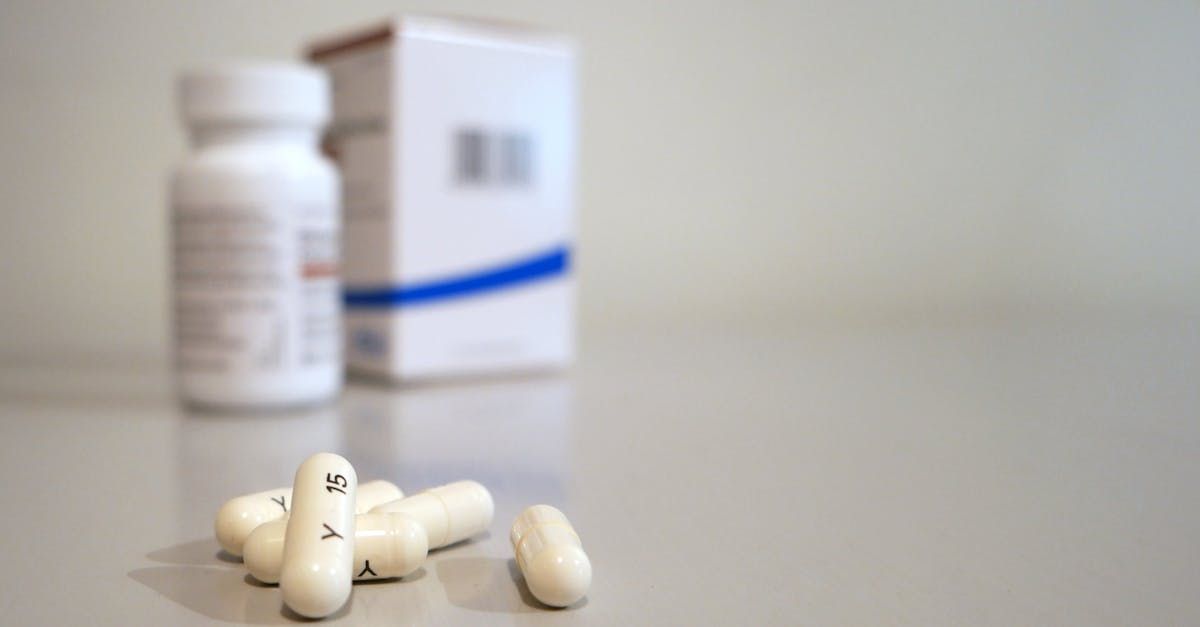
What Is Tianeptine?
Tianeptine is a prescription drug primarily used in some countries to treat major depressive disorder. Unlike traditional antidepressants, tianeptine is thought to modulate glutamate receptors and enhance serotonin uptake in the brain. While it can be effective when used as prescribed, tianeptine has a dark side, especially when misused or taken in higher-than-recommended doses.
The Appeal and Risks
Tianeptine is often misused for its euphoric and anxiolytic (anxiety-reducing) effects, which can mimic those of opioids. This misuse can lead to several immediate and long-term dangers, including:
Addiction: Tianeptine can be highly addictive, particularly when used in large doses. Users may develop a dependence similar to opioid addiction, characterized by intense cravings and withdrawal symptoms.
Overdose: Taking high doses of tianeptine can lead to overdose, resulting in severe respiratory depression, coma, or even death.
Withdrawal: Withdrawal from tianeptine can be particularly challenging, with symptoms that include anxiety, depression, irritability, and physical discomfort.
The Physical and Mental Health Impact
The misuse of tianeptine can lead to a range of adverse effects on both physical and mental health:
Physical Health Issues: Chronic misuse can result in gastrointestinal problems, cardiovascular issues, and liver damage.
Mental Health Disorders: Prolonged use can exacerbate mental health conditions, leading to increased anxiety, depression, and even psychosis.
Cognitive Impairment: Users may experience memory problems, difficulty concentrating, and other cognitive deficits.
Staying Safe in Recovery
Maintaining a drug-free lifestyle in recovery requires vigilance and support. Here are some tips to help you stay safe:
Educate Yourself: Understanding the dangers of substances like tianeptine can help you make informed decisions and avoid temptation.
Build a Support Network: Surround yourself with supportive friends, family, and recovery groups who can provide encouragement and accountability.
Seek Professional Help: Ongoing therapy and counseling can offer strategies for managing cravings and coping with stress.
Conclusion
Tianeptine, while marketed as a potential solution for depression and anxiety, carries significant risks when misused. Its potential for addiction, overdose, and severe mental
and physical health consequences make it a dangerous substance, particularly for those in recovery.
Understanding these risks is crucial for making informed decisions and maintaining a path to a healthier, drug-free life. If you or someone you know is struggling with tianeptine misuse or addiction, don’t hesitate to reach out for help. Our facility is dedicated to providing the support and resources necessary to overcome addiction and build a brighter future.
Stay informed, stay safe, and prioritize your health and well-being. Recovery is a journey, but with the right support and information, it is possible to overcome even the toughest challenges.

